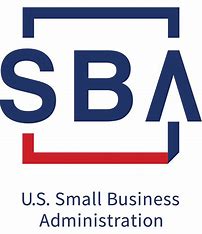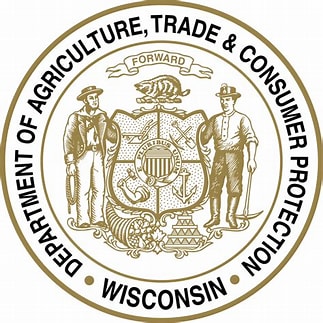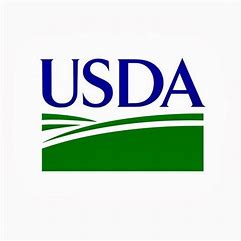One of Wisconsin Small Business Development Center’s (SBDC) clients, Damon Holter of Croix Valley Foods, served as a panelist at this year’s 2023 National Small Business Exporter Summit. Damon and three other panelists provided valuable insights during the “Food for Thought: Insights into Successfully Exporting Food & Agriculture Products” session.
Damon said one step he has taken is creating unique labels for products in each country. “I need to meet health requirements and regulations in each location, and the biggest hurdle is staying aware of the frequent changes.”
Shannon Costa, International Sales Coordinator at Herr’s Foods, Inc. in Pennsylvania, uses stickers to update her labels as needed to meet international requirements. For example, since the European Union (EU) markets require no artificial coloring and other places have strict guidelines on sodium levels or non-GMO products, she contracts with a third party to relabel the products as needed.
To keep informed of changes in food and agriculture regulations, Robb Miller, Founder & CEO of Miller’s Gourmet Foods, counts on his distribution partners in each country. He said they specifically keep him aware of tariffs on different types of food categories, which effects how he labels his product. For example, mustard has a 45% tariff, but sauces only have an 8% tariff.
The advice to know current rules topped the panelists’ list of exporting recommendations:
- Keep current on ever-changing international regulations for food products
- Use available resources like Food Export, SBA and other organizations because great existing programs can save a lot of legwork
- Spend the time to research target markets and their preferences to learn of subtle or even major cultural differences
- Research freight and shipping costs as different locations can have high costs and competitors may be shipping at a cheaper rate from a different location
- Build relationships because when you know the people and the players, more opportunities arise
When asked how they found customers internationally, the panelists mentioned partnering with Food Export, a group of non-profit organizations that assist U.S. companies with export sales. These agencies offer services through the Market Access Program (MAP) and Agricultural Trade Promotion Program (ATP) from the U.S. Depart of Agricultural (USDA).



The panelists said they also attend international trade shows to find customers. Patrick Boss, VP of Business Development & Procurement at Cascade Milling, cited the International Baking Industry Expo and Seoul Café and Bakery Fair that helped introduce him to Asian markets.
Many of the panelists attend buyers’ missions put on by Food Export to reach legitimate buyers from 10 to 12 different countries in one location. Damon also cited the WI Department of Agriculture, Trade and Consumer Protection’s (DATCP) food entrepreneur resources and grants for their assistance.
Food Export’s Branded Program (and its 50% cost reimbursement) and the Small Business Administration’s (SBA) export finance programs were favorites of the panel as well.
Knowing the tastes of international consumers is important. Patrick mentioned the importance of the type of grain used in Southeast Asia. Because the consumer population in Asia prefers a whiter flour, he swapped out the dark, whole-wheat grain used in the United States.
“One challenge is to get people to understand your brand, so we worked with a brand team to design a website specifically for the EU market,” Damon said. His business started in a 100-square-foot walk-in cooler and has since expanded to a 20,000-square-foot facility. He began selling his barbecue sauces, seasonings, rubs and other food products in U.S. grocery stores. When he expanded to selling his products in Canada, he focused on placing barbecue sauces and rubs in hardware and home improvements stores in the same retail aisle with outdoor grills, smokers and other barbecue products. Croix Valley Foods now sells in the U.S., Canada, Europe, Australia, New Zealand and Japan and exporting makes up nearly 25% of the business.
The session moderator noted that markets overseas are currently growing and expanding, making this a great time for businesses to consider exporting. The demand for U.S. manufacturers in the world market gives U.S. business owners a competitive advantage. Exporting also diversifies a business’s market to safeguard against lags in domestic demand.
Feel free to contact our SBDC consultant specializing in agriculture, Andy Larson, to help you with your ag business. The Food Finance Institute is also available assist your food-focused business.


